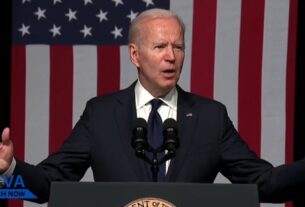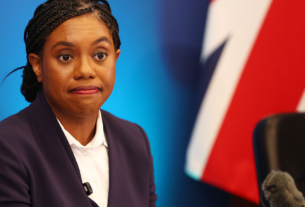As of June 13, 2025, Chancellor Rachel Reeves and Prime Minister Keir Starmer are facing mounting political and economic pressure amid signs of a slowing UK economy. The latest figures revealed a 0.3% contraction in the economy during April, the sharpest monthly decline in two years. This downturn has sparked renewed concern about the government’s fiscal management and its ability to stimulate sustainable growth without jeopardizing public services or breaking fiscal rules.
In response to the economic challenges, Chancellor Reeves recently unveiled a £113 billion spending plan aimed at boosting investment in key sectors such as infrastructure, health, and education. However, this expansive program is primarily financed by £140 billion in additional government borrowing, which has raised eyebrows among economists and opposition parties alike. Many warn that this approach could risk worsening inflation or tightening future fiscal flexibility. Of particular concern is the soaring cost of health and social care, which is projected to consume nearly half of all departmental spending by 2029. This trend threatens to crowd out funding for local services, schools, and further education, intensifying pressure on already-strained budgets.
Reeves has acknowledged that the current trajectory may necessitate further tax increases in the upcoming autumn budget, despite earlier reassurances that Labour’s spending plans were fully funded. Such a move could prove politically risky, particularly as the cost of living remains a top concern for voters. Questions also linger about whether the government can meet its fiscal targets without making unpopular choices between higher taxes and cuts to essential services.
Prime Minister Starmer has offered public support for Reeves, describing her performance as “fantastic.” However, he notably stopped short of guaranteeing her position until the next general election, fueling speculation about internal tensions and potential reshuffles. This ambiguity comes at a time when Labour’s leadership is under scrutiny, not only for its economic policies but also for its ability to maintain cohesion and direction amid a volatile political landscape.
As the UK edges closer to a potential general election, the government’s handling of the sluggish economy is likely to be a defining issue. Reeves and Starmer now face the dual challenge of restoring confidence in their economic agenda while navigating growing political pressure and the risk of voter discontent. The coming months will be critical in shaping the government’s future and its legacy.




